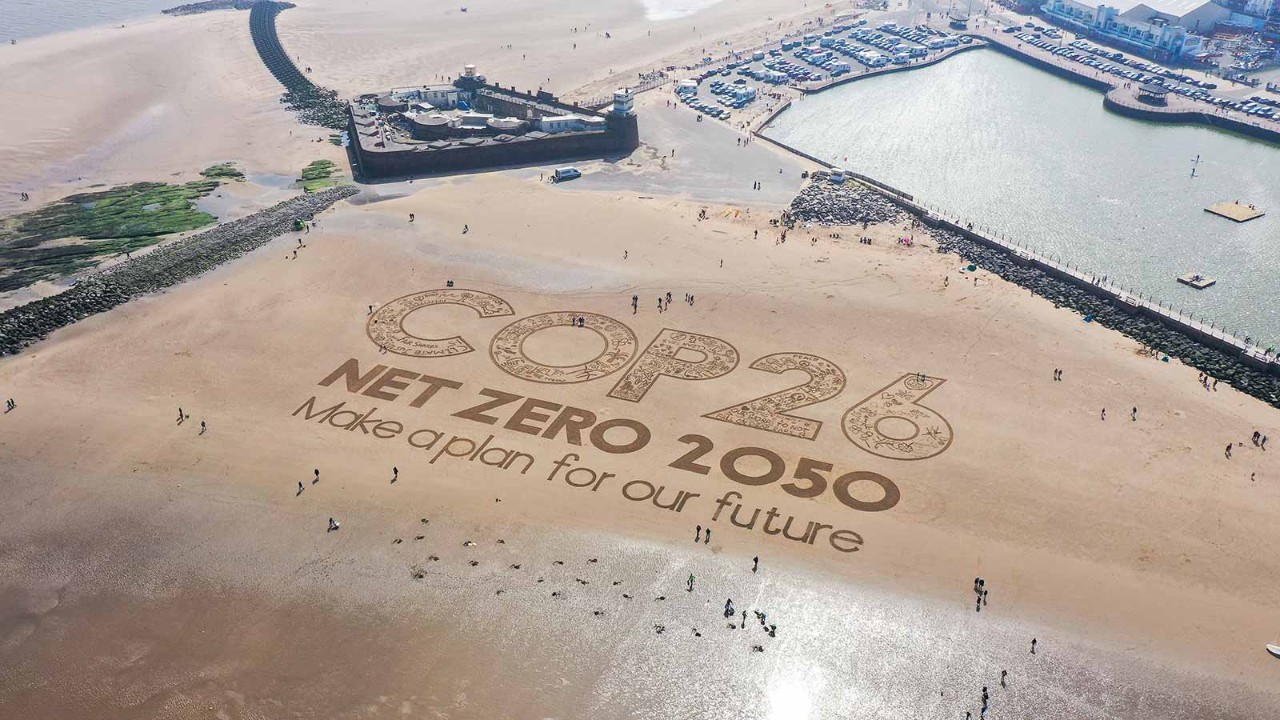
Small and medium sized entities (SMEs) risk being left behind in the race to net zero unless urgent action is taken to simplify carbon reporting and accounting, states a report from ACCA, Sage and the International Chamber of Commerce (ICC) .
Think Small First highlights how providing standardised, SME-friendly reporting frameworks could unlock significant progress on the journey to net zero, given the SME sector represents over 90% of the global economy.
As more stringent emissions reporting requirements are being driven by government and investors, more companies will need their suppliers, many of which are SMEs, to be ready to report their own emissions.
The report suggests that governments and policymakers must acknowledge the specific challenges and reporting burdens faced by SMEs to deliver accurate carbon reporting and accounting – such as lack of expertise and dedicated resources – and offer immediate support in mitigating these issues. In turn, larger organisations must work more closely with SMEs in their supply chains to make the task of measuring, disclosing and reducing their greenhouse gas emissions as straightforward as possible. (See panel.)
The profession needs to help SMEs remove barriers and navigate an increasingly complex landscape
The report also calls on the accountancy profession to galvanise and support SMEs, helping them to remove barriers and navigate an increasingly complex landscape as part of global efforts to reduce greenhouse gas emissions.
ACCA chief executive Helen Brand, who spoke at the virtual session ‘Make climate action everyone’s business’ at the COP26 summit where the report was launched, said: ‘As well as representing about 90% of businesses globally, SMEs also offer more than 50% of employment worldwide. As such, they have a huge role to play alongside the professional accountants who advise them in tackling climate action.
‘They need to know what to report, and for standards to be proportionate and focused on information that improves business management. As with big business, we need to avoid disclosure overload, so that users of reports can easily access the information they need.’
Key principles
The joint report suggests four key integrated principles to help policymakers and large companies take on this mission:
- Standardise. Large companies should work together within sectors and industries to ensure SMEs are being asked for information on a standardised basis. Government has a role in underpinning this consistency
- Simplify. Much of the guidance for climate and ESG disclosure is designed for large companies. Government should develop simpler guidance. In addition, large companies trying to gather data, such as their Scope 3 emissions, should work together to align the process by focusing requests on the most material issues
- Automate. Governments and business need to support the development of automated tools to make information gathering and reporting as straightforward as possible. Large companies can develop the technology and offer training in those tools to SMEs. Governments should create an enabling policy framework and invest in digital infrastructure so that SMBs can innovate and share data more effectively.
- Enable. Government policy and action by large corporates must recognise the challenges for SMBs and enable them to overcome them. Investing in supply chain emissions reduction should be an ESG priority for companies, while government needs to provide an enabling policy framework by ‘thinking small first’ when drafting climate policy.




